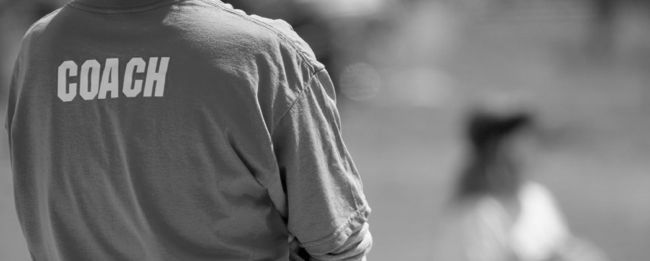
A Simple Guide for Strength & Conditioning Coaches, Part 2
Retention
I was introduced to the writings of Patrick Lencioni via an audio interview with Joe Kenn on elitefts,com™. After reading Five Dysfunctions of a Team, Death by Meeting, and others, I came across his sixth book, Three Signs of a Miserable Job. This book not only helped me with my own professional development, but it also laid the groundwork for head coach/assistant coach relationships for our internship program. Lencioni’s model included three points—anonymity, irrelevance, and immeasurement.
 |
Ultimate Prowler® Package $999 Everything you need to push, pull, drag, and drive. |
 |
Lifeline Pullup Revolution $49.99 Pullup Revolution |
Anonymity: Is the intern recognized for what he's doing, and do athletes, sport coaches, and administrators know who the interns are?
Ensuring that your athletes, sport coaches, and even your colleagues know who your interns are is an important part of them having a positive experience. By simply including a short bio of the interns on your website, in your department newsletter, or outside the weight room can help ensure that athletes and coaches get to know and feel comfortable with your interns and treat them like coaches.
Irrelevance: Does the intern know that his job is important and that what he does on a daily basis makes a positive difference to the athletic department, the teams he works with, and the individual athletes he coaches?
Although it isn't easy and it takes a great deal of trust from you as a supervisor, empowering your interns to take responsibility in your program can make a world of difference in how you train your athletes.
Immeasurement: Does the intern know whether he is doing a good job or not, and how and when is he evaluated?
As coaches, we hold our colleagues and athletes to a certain standard and expect results. It goes without saying. We should also hold our assistants to the standards we set forth for them. Whether an intern receives a letter grade from his host institution or a volunteer receives a formal evaluation in writing, it is an essential part of the experience. More on evaluations will be discussed later.
The three biggest mistakes coaches make when taking on strength and conditioning interns:
- Not having the time to train and develop the interns. The more assistants you have, the more work it will be for you to delegate and train the interns on how you need things done. This is why retaining interns for multiple semesters or having them volunteer as graduates after an internship can assist you with the development process.
- Not treating your interns like coaches. If you treat these young aspiring strength coaches as gophers and only let them observe, wipe down benches, and perform menial tasks, they won't learn to act like coaches. In the short term, this may not negatively affect your program directly, but over time this will cause problems. A good portion of your interns will move on to other positions. Their knowledge base (or lack thereof) is a direct reflection of your program.
- Allowing interns that aren't meeting your expectations to continue the internship. You, as the head strength coach, need to have the courage to fire volunteers. Too many young coaches feel like they're “doing you a favor” by working for you for free. Oftentimes, a strength coach may find himself in a position where he may even need those volunteers because of a lack in staffing. It is imperative as the head strength and conditioning coach to not allow inappropriate behavior or below average performance for very long.









